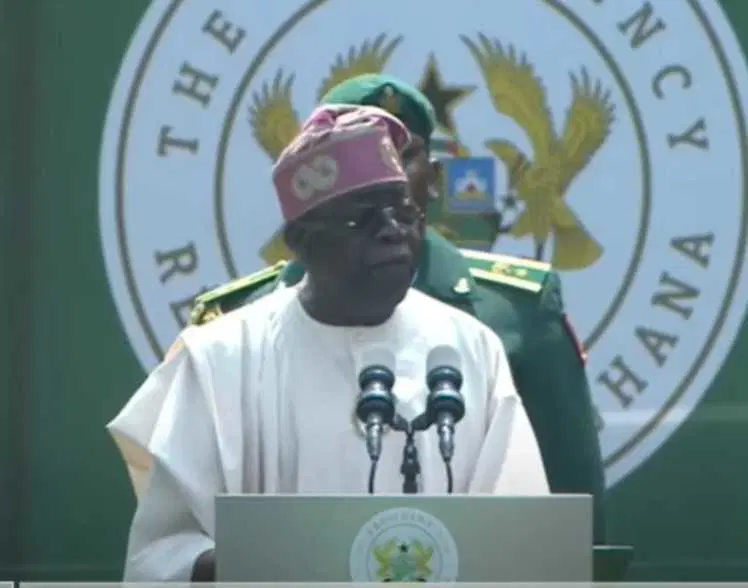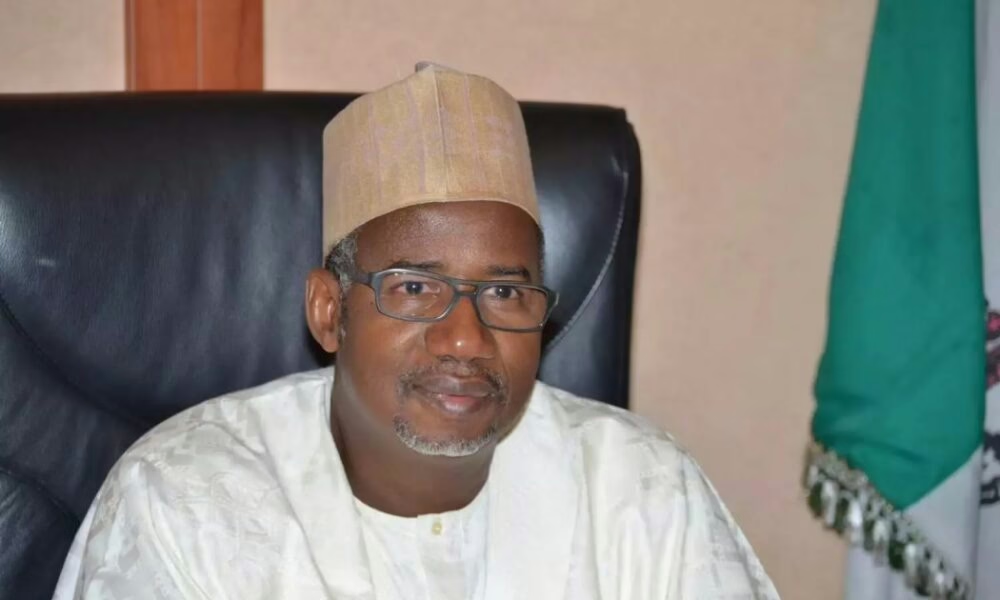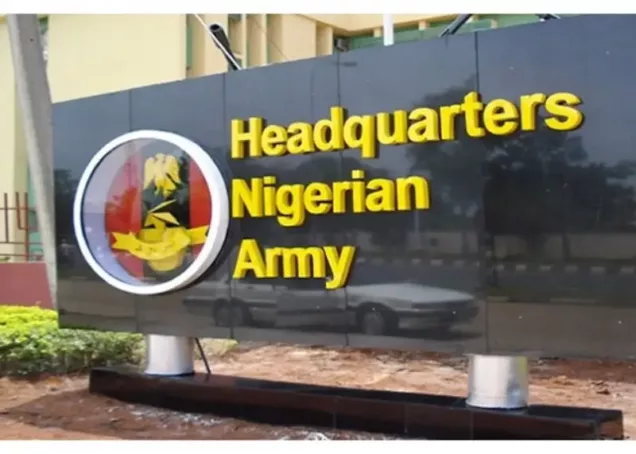By Gabriel Agbeja
The Nigerian Safety Investigation Bureau (NSIB) said it will increase its efforts to improve aviation safety in 2023.
Mr Akin Olateru, the Director-General of NSIB, made this known during an interview on Thursday in Abuja.
According to Olateru, one of the fundamental objectives of the bureau is to improve aviation safety by determining the circumstances and causes of air accidents and serious incidents.
“It will also provide safety recommendations intended to prevent a recurrence of similar accidents. The purpose of this is not to apportion blame or liability,” he added.
The NSIB boss said to achieve the feat, the bureau had planned to train and retrain its staff to sustain best practices in 2023.
According to him, three Air Safety Investigators of the bureau had just completed their programme at the Nigerian College of Technology (NCAT), Zaria, to boost capacity.
He affirmed that the NSIB had partnered with the Banjul Accord Group Accident Investigation Agency (BAGAIA) to train Air Safety Investigators by organising workshops for investigators and aviation correspondents in Abuja.
Olateru explained that BAGAIA assisted its members in seven West African States, including the Gambia, Ghana, Guinea, Liberia, Nigeria, Cape Verde and Sierra Leone, to conduct independent investigations of aircraft accidents and serious incidents in compliance with international standard.
On the partnership, Olateru said the current administration had initiated collaborations and cooperation agreements with several countries and institutions to strengthen safety in the aviation industry.
He said the partners included the Nigerian Air Force (NAF), Republic of Benin, US National Transportation Safety Board (NTSB), and the Singapore Transport Safety Investigation Bureau (TSIB).
“Also, Bureau d’Enquêtes et d’Analyses pour la sécurité de l’aviation civile (BEA- France), University of Ilorin (UNILORIN), University of Lagos (UNILAG), and the Republic of Saudi Arabia, are among the partners,” he said.
He said the bureau has established training institute to boost knowledge of accident investigation in the African region.
He said the training school would be the first of its kind in Africa with support from Cranfield University, UK, Singapore TSB and NCAT.
“This institution will serve as a source of internally-generated revenue for the Bureau with an enabling study environment, a four-star accommodation of 30 hotel rooms, training rooms and an auditorium with capacity of 250 seats.
“The new training school of Accident Investigation Mobile Site Emergency mobile satellite office will help the investigators to create a mobile office at crash sites.
“It will also help to download from Cockpit Voice Recorders (CVR) and Flight Data Recorders (FDR) right there at the crash sites without having to delay the process,“ he said.
According to him, the facility is currently situated in Abuja ready for deployment as needed in order to key into current trends and technologies in the aviation industry, especially in the area of accident investigation.
The NSIB boss said the bureau’s equipment and laboratories had been ranked among the best in the world.
“The Flight Safety Laboratory (FSL) is where data from CVR and FDR are downloaded. NSIB flight safety lab has the capacity to download data from majority of the CVR and FDR’s available today.
“The FSL contributes greatly to our seamless investigative process with its ability to recreate simulations in animations based on data from the Flight Data Recorders (FDR) and Cockpit Voice Recorder (CVR),“ he said.
Olateru said that FSL had capability to download from large range of undamaged recorder models and some damaged recorder models.
He said the bureau had also incorporated the use of drones, one of the most involved techniques in accident investigation, to assist in investigations.
“These can assist in crash site assessment and hazards identification, aerial photography, and mapping, and serve as a guide to access difficult terrain.
“Renovation/Maintenance work at AIB Wreckage Hangar at Abuja, so that all aircraft wreckages are stored for reassessment during the investigation,“ he said.
NAN











